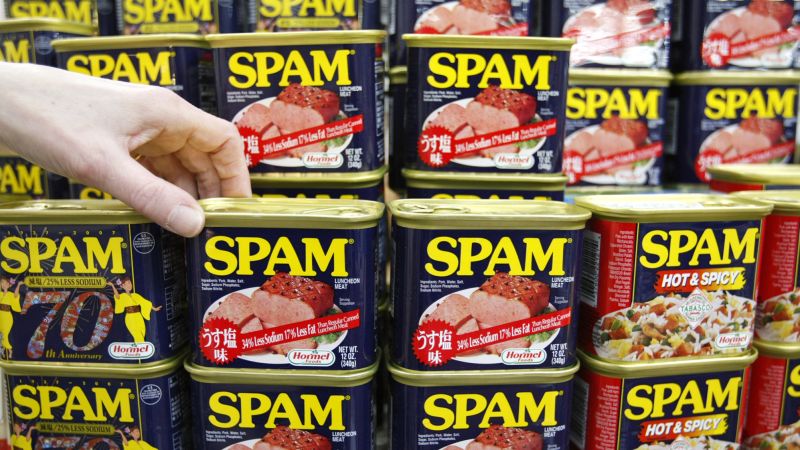Ji-Song (Robert) Ku | Source | Associate Professor of Asian and Asian American Studies at Binghamton Univers...

Ji-Song (Robert) Ku
Robert Ku’s research and teaching interests include Asian American studies, food studies, and transnational and diasporic Korean popular culture. Prior to Binghamton, he chaired the Department of Ethnic Studies at California Polytechnic University at San Luis Obispo and taught in the Department of English and directed the Asian American Studies Program at Hunter College of the City University of New York. He is the author of Dubious Gastronomy: Eating Asian in the USA (University of Hawai‘i Press, 2014) and co-editor of Eating Asian America: A Food Studies Reader (New York University Press, 2013). He is also co-editor of the Food in Asia and the Pacific series for the University of Hawai‘i Press. His co-edited volume, Pop Empires: Transnational and Diasporic Flows of India and Korea (University of Hawai‘i Press, 2019), that juxtaposes the popular culture regimes of Korea, India, and the United States, was published in 2019. Born in Korea, he grew up in Hawai‘i and lived in Southern California and New York City before moving to Binghamton.
-

Binghamton University, State University of New York
Associate Professor of Asian and Asian American Studies
-
How Korea’s kimbap went from comfort food to global sensation
A customizable staple in Korea, kimbap is making waves in U.S. grocery chains and across media platforms.
Article -
“Netflix’s ‘Squid Game’ is part of a surge in Korean entertainment ’30 years in the making'” in Business Insider
Netflix’s ‘Squid Game’ is part of a surge in Korean entertainment ’30 years in the making’, interviews by Travis Clark, Business Insider, October 22, 2021.
Article -
-
Netflix's "Squid Game" is part of a surge in Korean entertainment about 30 years in the making. The roots of it can be traced back to the 1990s, when the region aggressively tried to become a "soft power" in culture after facing a financial crisis, easing up on censorship as a result. There was an effort to turn music, cinema, and TV into exportable commodities. The Korean wave begins in the '90s in places like China and Japan. From 2000 onward, there was a steady but increased consumption of Korean pop culture, starting in neighboring Asian nations and branching out.



